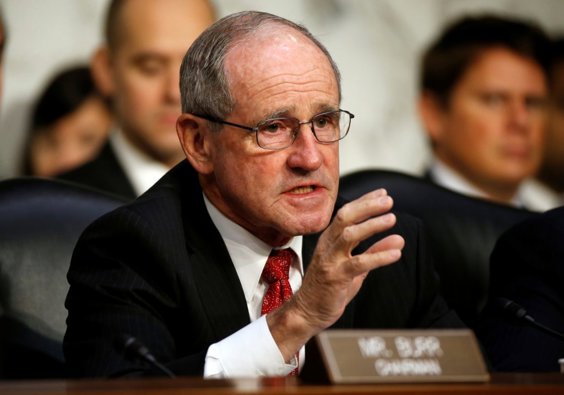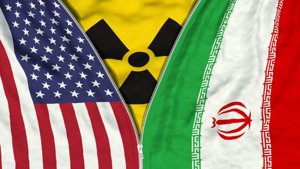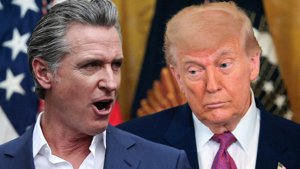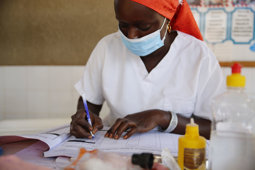
Risch Praises Trump’s Africa Strategy Amid Security Risks
Senate Foreign Relations Chair Jim Risch lauds President Trump’s Africa approach as security threats and economic opportunities shape U.S. policy on the continent.
Risch Highlights U.S. Interests and Security Threats in Africa
Senator Jim Risch, Chairman of the Senate Foreign Relations Committee, has publicly endorsed President Donald Trump’s approach to Africa, calling it an “outside the box” strategy that addresses both pressing security concerns and vital economic opportunities. In recent comments, Risch identified Africa as a region with significant stakes for U.S. national interests, underlining the urgent need for American engagement in trade and investment.
“The economic opportunities in Africa cannot be understated, and the United States needs to have a seat at the table regarding trade and investment in the region,” Risch explained. He cautioned, however, that the continent also faces grave national security challenges, including terrorism, widespread conflict, and migration, which require direct and sustained attention from the U.S.
Risch singled out China, Russia, and Iran as malign actors threatening regional stability and U.S. interests. He pointed to Russia’s military involvement, China’s exploitative trade practices, and Iran’s reported efforts to secure uranium for its nuclear program as key examples. “Countering the influence of these aggressors is as much about the U.S. pursuing greater partnerships with African states as it is about responding to the challenges put forward by countries like Russia and China in Africa,” he said.
Military Action, Regional Partnerships, and the Sudan Crisis
The senator commended Trump’s willingness to use direct and decisive military action, noting that U.S. Africa Command has carried out six airstrikes against Islamic State in Somalia this month alone. Risch described terrorist groups like al-Qaeda and ISIS as persistent threats and advocated for a strategy that emphasizes local and regional partnerships rather than overreliance on central governments.
“I am mindful that it is ultimately not up to us to confront this problem, and we have to stop being the only major player providing international support. Others, including African nations, must do more,” Risch emphasized, calling for greater African ownership in counterterrorism efforts.
Turning to Sudan, Risch labeled the country’s ongoing conflict the world’s worst humanitarian disaster, blaming Russia and Iran for backing both sides in the war. With more than 150,000 killed and over 12 million displaced since April 2023, he urged an immediate end to hostilities and warned against partitioning the Sudanese state.
On diplomatic efforts in the Democratic Republic of Congo, Risch credited Trump’s administration for pursuing peace between DRC and Rwanda and for countering China’s minerals deals, though he noted that lasting U.S. influence requires regional stability.
South Africa’s Trade, AGOA Status, and G20 Controversy
Risch also questioned South Africa’s eligibility for U.S. trade preferences under the African Growth and Opportunity Act (AGOA), citing ongoing ties between the African National Congress and hostile foreign actors, as well as President Trump’s current tariff policies. “I remain critical of the South African government’s posture, which is why I applauded Secretary Rubio’s decision not to allow U.S. representation at the G20,” Risch added.
With the U.S. set to assume G20 leadership from South Africa in November, Risch confirmed Washington will not send officials to the handover ceremony, reflecting ongoing diplomatic tensions.
As American policymakers weigh the next steps, Risch’s remarks underscore a U.S. strategy in Africa that balances economic engagement, assertive security measures, and the challenge of countering rival powers. The direction of future U.S.-Africa relations may hinge on the administration’s ability to sustain partnerships and address both humanitarian and security concerns in the region.






